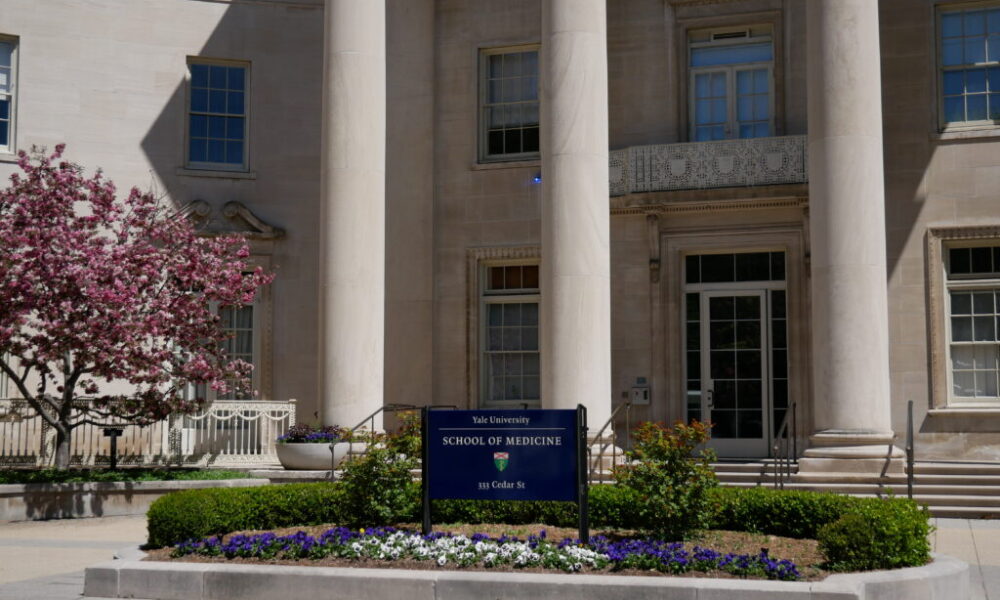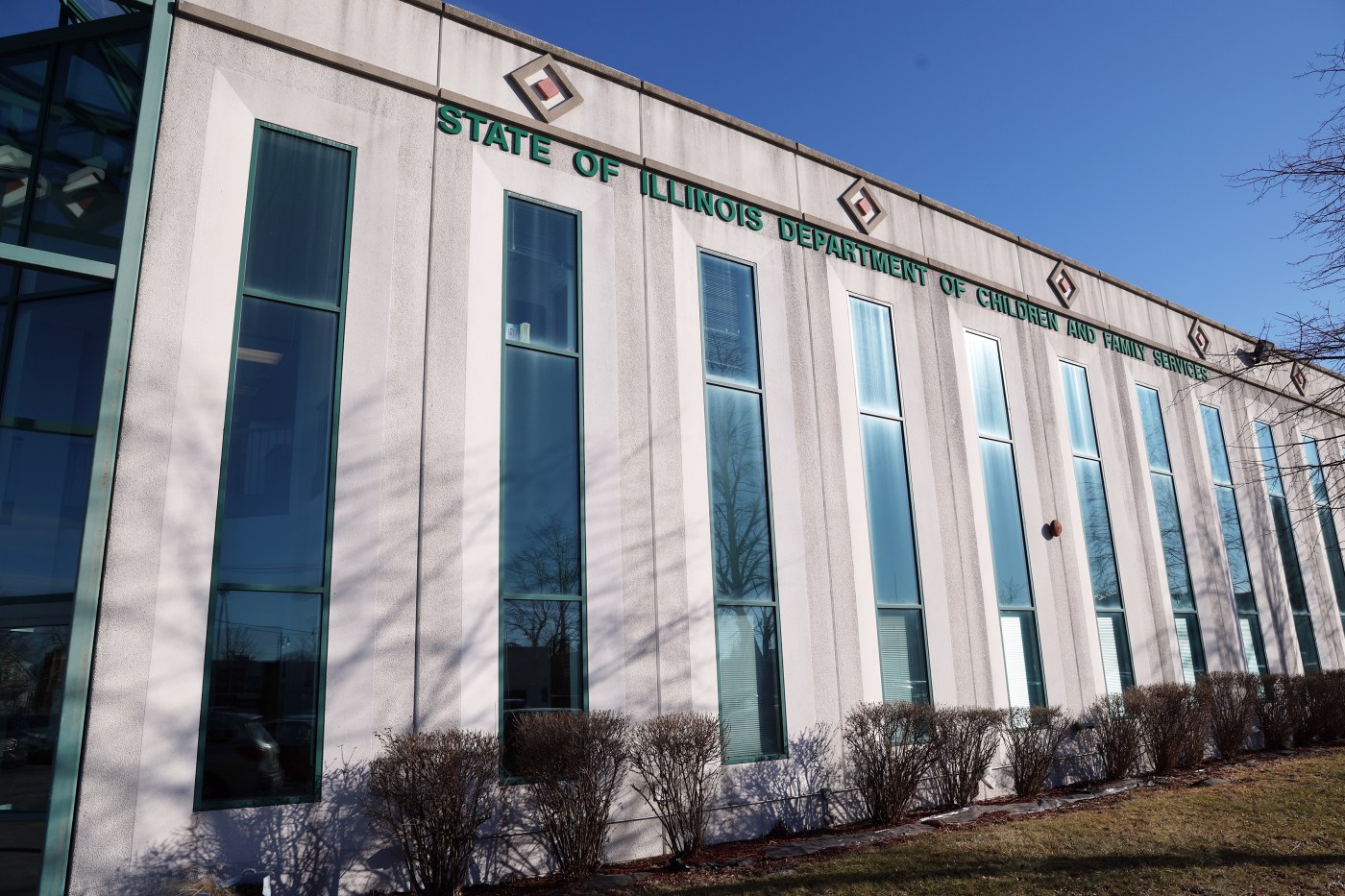A new initiative at Yale University‘s medical school aims to explore strategies for promoting healthy aging among individuals living with HIV. The Aging Well with HIV Through Alcohol Research and Risk Reduction and Education (AWAR3E) Center has secured a five-year grant from the National Institute on Alcohol Abuse and Alcoholism, signaling a significant investment in understanding the intersection of aging and HIV.
The center is spearheaded by Amy Justice, a professor of internal medicine and public health; Julie Womack, an associate professor of nursing; and Vincent Lo Re, a professor of medicine and epidemiology at Rutgers University’s Robert Wood Johnson Medical School. Together, they aim to address the unique challenges faced by the growing population of older adults living with HIV.
Addressing the Aging HIV Population
According to Justice, advancements in therapy have allowed more individuals with HIV to live longer lives. “There are more people aging with HIV now than ever before, thankfully, because we have therapy to suppress the virus and to extend people’s life expectancy,” she stated. However, these individuals face heightened risks for various age-related health conditions, including cancer, cardiovascular disease, and diabetes.
Justice emphasized the need to understand the underlying reasons for these vulnerabilities. She noted that while both the aging population and those living with HIV experience immune dysfunction, the effects of HIV can exacerbate these challenges. Many individuals with HIV continue to consume alcohol and may face socioeconomic disadvantages, which can contribute to premature aging. The AWAR3E Center will investigate these factors to inform future health interventions.
The center builds upon the work of the Veterans Aging Cohort Study (VACS), a project initially established by Justice to examine the impacts of alcohol use on aging in both HIV-infected and uninfected individuals. VACS has amassed over two decades of data, representing approximately 13.5 million people, which will serve as a valuable resource for the center’s research.
Research Goals and Interdisciplinary Collaboration
The team has dedicated significant time to learning how to interpret VACS data and has established a network of experts across various fields. Womack, who focuses on preventing falls and fractures among older adults with HIV, highlighted the collaborative nature of the project. “The opportunity to work with all these different people who have different interests and perspectives on the problem was just fascinating,” she remarked.
One of the critical areas of focus for the AWAR3E Center is the role of stress—stemming from factors like alcohol use and socioeconomic deprivation—in contributing to premature aging through inflammation. Justice explained that chronic inflammation is linked to adverse aging outcomes in both HIV-positive and negative individuals. The team will investigate how lifestyle factors such as diet, exercise, and substance use influence this inflammation.
Another project aims to explore biological markers of stress and inflammation in individuals living with HIV. Even those whose HIV is well-managed may have viral reservoirs that persist in their bodies. The research seeks to determine whether these reservoirs play a role in the stress and inflammation that contribute to aging.
Lo Re emphasized the center’s commitment to fostering research and mentorship within the field. He noted that the initiative will not only advance scientific understanding but also nurture new talent in alcohol-HIV/AIDS research. “One of the big benefits of our new center is that it will provide valuable mentorship to early-stage investigators,” he stated.
Womack expressed enthusiasm for the center’s emphasis on disseminating findings widely. A core group will work to ensure that the results of their research reach patients, clinicians, and stakeholders in the HIV community.
With approximately 1.2 million individuals living with HIV in the United States, according to 2022 estimates from the Centers for Disease Control and Prevention, the work of the AWAR3E Center comes at a crucial time. By addressing the complexities of aging with HIV, the research team hopes to enhance health outcomes for this vulnerable population and contribute to the broader understanding of healthy aging.







